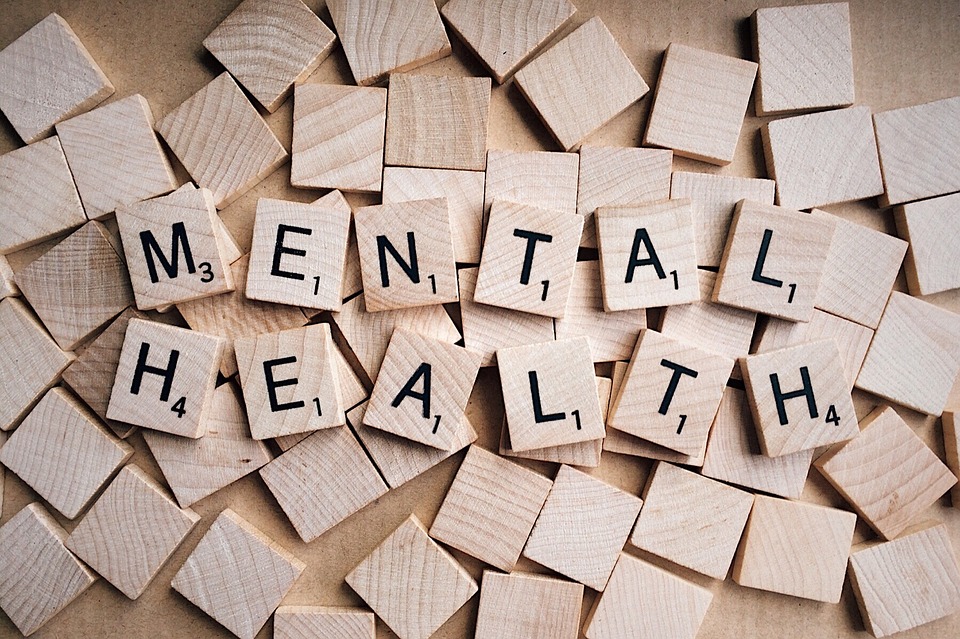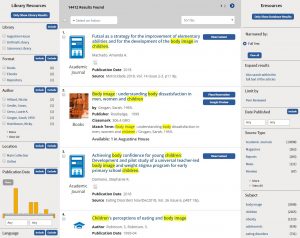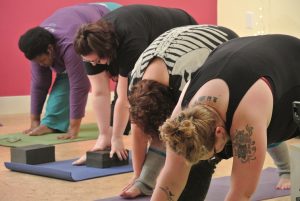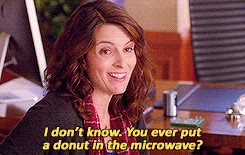Mental Health Awareness Week, hosted by the Mental Health Foundation, will be taking place Monday 13th – Sunday 19th May and this year’s theme is Body Image. It is a topic that has recently been featuring heavily in discussions and debates on social media and in the news, so this feels like a timely opportunity to talk about my personal experiences with the issue of body image and how it can be explored using resources in the library.
Formative experiences
I was in primary school when I first developed negative thoughts and feelings about the shape and size of my body, and sadly I don’t think that’s particularly uncommon. A quick keyword search of ‘body image children’ brings up a large number of results to get started with:
For those with an interest or research focus on body image in childhood, especially within an educational context, the book Body Image in the Primary School appears to be an excellent resource and it is available in both hard copy and electronic formats. As the introductory blurb states:
- The average child watches between 20,000 and 40,000 adverts a year.
- Girls as young as six are cutting down on what they eat to stay thinner.
- Three quarters of ten and eleven year olds would like to change their appearance.
Food for thought indeed.
Mirror, mirror
The bullying I experienced due to my physical appearance has stayed with me into adulthood and likely contributed to my clinical depression and anxiety, and again I am hard pressed to find this surprising. While browsing electronic resources concerning body image on LibrarySearch I came across this article, which explores in part the lasting relationship between the messages we receive as children regarding our bodies and our self-esteem as adults. (Content warning: this article also looks at rape and sexual assault). The struggles I encounter daily with my brain are not just about what I see in the mirror (there is a Bayeux-esque mental tapestry of sadness and neurosis) but on a bad day, the sight of myself in an outfit that I feel accentuates everything that’s ‘wrong’ with my body has the potential to send me into a bit of a tailspin. Since I was a child, my weight has yo-yoed. My eating has been disordered. I have exercised obsessively and kept food diaries that ruled my life. I am starting to shed these habits and the mind-set that accompanied them. It’s a slow, uphill struggle but it’s happening. I am starting to appreciate exercise for its benefits to my mood, my strength, and my stamina, not for how many calories it burns. I am starting to move away from associating certain foods with guilt and seeing the act of eating them as a transgression that must be punished. And on good days it doesn’t feel like a Sisyphean act of labour. On good days I believe I will eventually roll that boulder of self-hate and disappointment to the top of the hill and it will stay there, leaving me free.
As a chronically ill person, health is a complex term for me, which is partly why the recent focus in the media on ‘wellness’ and ‘clean’ eating doesn’t sit entirely comfortably. There are a number of articles available on LibrarySearch regarding the clean eating phenomenon, including this one – ‘The Dirt on Clean Eating: A Cross Sectional Analysis of Dietary Intake, Restrained Eating and Opinions about Clean Eating Among Women’ from the journal Nutrients, which discusses the potential for misinformation and unnecessary dietary restriction as it gains popularity. The promotion of clean eating has contributed to a rise in orthorexia, a disorder characterised by an obsession with only eating healthy foods. If you would like to learn more about this condition and other eating disorders, there are lots of e-resources that can be found through LibrarySearch, and the Dewey class mark for books on the subject of eating disorders located in Augustine House is 616.8526, up on the third floor. Salomons library in Tunbridge Wells also has a wealth of books about this topic, which can be found at class mark WM 175.
Bouts of depression, injuries and illness, and metabolism-adjusting medication have meant that I am currently the heaviest I have ever been. But I’m largely (pun semi-intended) becoming ok with that. I am starting to be able to look at old photographs of my younger, slimmer self and not wince with shame. Fat people do not owe anyone health. Fat people don’t have to go to the gym, eat salads, and try to ‘fix’ themselves in order to be respected and valued as human beings. If I want to lift weights and start running again or take up boxing these are decisions I make and activities I engage in for myself and myself alone and I do not require validation. (I am aware that my use of the word ‘fat’ may make some people uncomfortable but I am trying to view it as a reclaimed neutral adjective, one that simply describes appearance without any of the prejudiced cultural baggage that so often accompanies it).
#BoPo
It is naïve to suggest that appearance is unimportant in our daily life and within society. After all, turning up to an office job interview in a tracksuit will most likely not result in an eager offer. Plus, the way we style ourselves is an opportunity for expression and an outfit, haircut, or perfectly winged eyeliner can give us a boost and allow us to project our confidence to the world. But what we shouldn’t have to endure is wasted time spent frantically worrying that we have too much of something or not enough of something else. That we are in any way wrong. ‘Body positivity’ has become something of a watchword of late, and its impact on the world of social media has led to a more diverse range of bodies being seen in adverts, on the runway, etc. than previously as brands and companies have jumped on the feel-good bandwagon. This article available through LibrarySearch analyses the content of body positive Instagram accounts and suggests that though there is some considerable way to go in terms of representation of disabled bodies and bodies of colour, these accounts do provide representation of body types rarely seen in traditional media, and that they have carved out an important, supportive, and uplifting space.
If everybody looked the same, we’d get tired of looking at each other
If you are struggling with your body image and the concept of body positivity feels like too much of a stretch, it can be helpful to try and adopt an attitude of body neutrality. Loving one’s body can seem impossible and perhaps the pressure to do so can feel as though too much emphasis is being placed on superficial qualities. So it is fairly immense progress if you can look at yourself and think that your body just is. It’s the only one you’ll ever have and it carries you, the person you are with your likes and dislikes, dreams and aspirations, goals and desires, inside it. One size or shape of a limb or midriff isn’t inherently better than any other.
If you are feeling that you need some help and support with your body image, or with any aspect of your mental health, CCCU has a dedicated Mental Health Wellbeing team, the details of which can be found here. The page also contains information about support available through the Chaplaincy, talking therapies available through the university’s medical centre, details of the Big White Wall, and a number of self-help guides.
Kate Moss may have said that ‘nothing tastes as good as skinny feels’.
But in the words of 30 Rock’s Liz Lemon:
 Library
Library Emma Latham
Emma Latham 411
411






